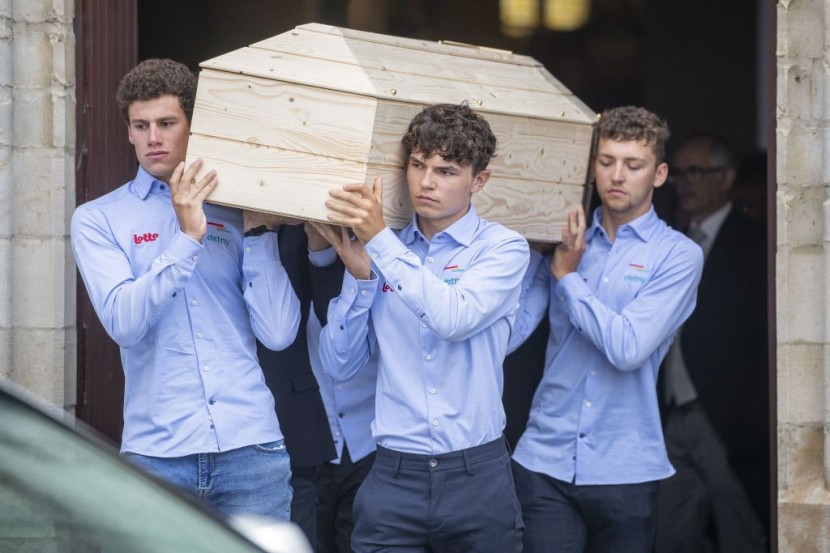
"Is there life after death?"
This is the age-old question people have always been asking and wondering ever since man has learned how to reason.
However, according to Sean Carroll, a theoretical physicist and external professor at the Santa Fe Institute and Homewood Professor of Natural Philosophy at The Johns Hopkins University, nothing much happens after death.
Carroll: There is No Life After Death
In a 2012 talk he gave at The Amazing Meeting, an annual conference focusing on science, skepticism, and critical thinking, he explained that the laws of physics underlying everyday life are completely understood. Upon death, a person ceases to exist as a physical being, thus, there is no material understanding of how one could continue to live in the world, Carroll added.
"That's because there are no particles and forces that could contain the information in your brain after you die," he said.
He added that life after death is a "claim" that "violates" and is "not compatible with" the laws of physics" as there are no particles and forces that could contain the information in the human brain after death.
"There are electrons, protons, and neutrons interacting through electromagnetism, the nuclear force, and gravity," he added. "So the laws of physics tell us what those things do - it is not necessary to bring anything else into the equation."
Despite this, Carroll said his concept of the lack of an afterlife does not take away from humans trying to lead a "good...fulfilling and meaningful life."
Dr. Long: ...But What If There Is?
Meanwhile, Dr. Jeffrey Long, a cancer expert in Kentucky, believes the afterlife is true due to stories of seeing what it is like to die for just a moment.
He was once a skeptic who argued that years of researching the similarities among different accounts of people's brushes with death had upended his previous belief there was no afterlife.
This perspective started when he read an article from the Journal of the American Medical Association about what the authors were calling "near-death experiences," something they presented without clinical or medical explanation.
So far, according to the Insider, he has collected over 5,000 near-death experience accounts in over 30 languages from people of multiple beliefs and cultural backgrounds.
"It stopped me in my tracks," he said. "All my medical training told me you were either alive or dead. There was no in-between. But suddenly, I was reading from a cardiologist describing patients who had died and then came back to life, reporting very distinct, almost unbelievable experiences."
He described a near-death experience as a person who is either comatose or clinically dead without a heartbeat while still having a lucid experience in which they feel emotions, see, and hear, as well as interact with other beings.
What amazed Long was the similarity of the anecdotes he acquired from people who experienced near-death experiences, regardless of religion or culture, that in 1998, he and his wife founded the Near-Death Experience Research Foundation, whose website allows people from around the world to document their own spiritual and out-of-body experiences.
With over 30 years of research and accounts, Long concluded that about 45% of near-death experiences include a sense of being out-of-body, in which people's consciousness is separated from their physical being. A majority of those who experienced it were saying the afterlife was a realm they would like to be in should their life already end at that point.
Thus, according to Long, nearly all of those who experienced what it is like to be physically dead no longer fear death.
As a result, Long's research shifted the paradigm of how he treated his patients.
"I tell them that based on my research, I'm very confident that there's a wonderful afterlife for all of us and that we will be reunited with our deceased loved ones," he added. "And that's profoundly reassuring to them. To me, it's a blessing to be able to share that with them."
© 2025 HNGN, All rights reserved. Do not reproduce without permission.








